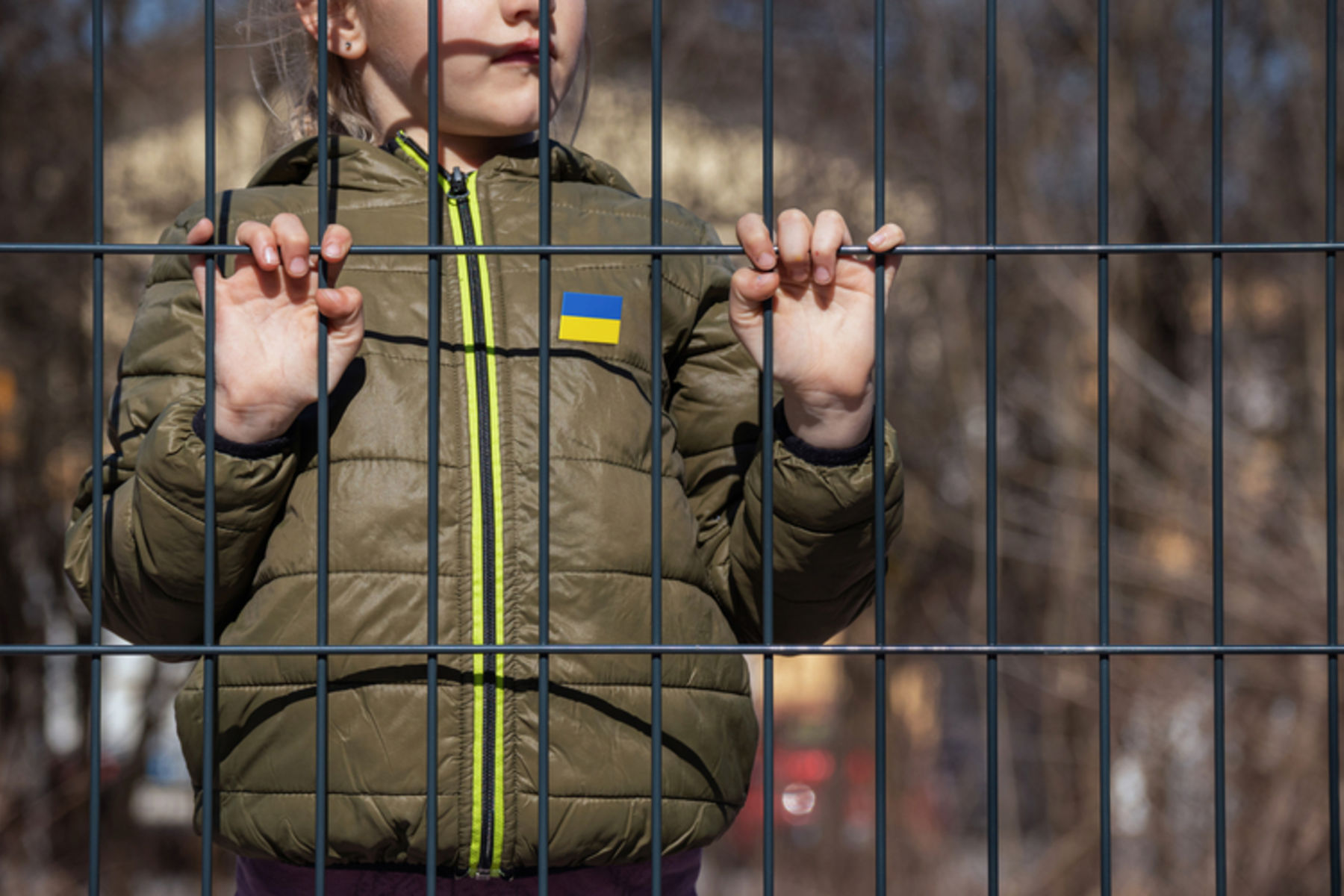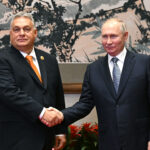One of the key organizations searching for Ukrainian children illegally deported to Russia has lost funding due to a decision made as part of the U.S. government’s budget-cutting policy. The Department of Government Efficiency (DOGE), led by Elon Musk, suspended support for this initiative, sparking outrage among human rights activists and the public.
Abduction of Ukrainian Children: Recognized as a War Crime Worldwide
During Russia’s full-scale invasion of Ukraine, thousands of children were illegally taken to Russian territory. This led to the issuance of arrest warrants for Russian President Vladimir Putin and his ‘Child Rights Commissioner’ Maria Lvova-Belova by the International Criminal Court. The search for these children was carried out by a team from Yale University, working in partnership with the initiative Bring Kids Back UA initiated by Volodymyr Zelensky.
How Did the Yale University Team Operate?
The experts from the Yale Laboratory of Humanitarian Research (HRL) used advanced technologies to collect and analyze data that helped locate the illegally deported children. During their work, they helped track hundreds of Ukrainian children and provided information to relevant international organizations such as Europol and the International Criminal Court.
The Role of DOGE and Elon Musk in Funding Cuts
The Department of Government Efficiency (DOGE), led by Elon Musk, aimed to reduce U.S. government spending. As a result, the financial support to HRL was discontinued, leading to the halt of their work in searching for abducted children. Although Musk did not directly make the decision to halt funding for specific projects, his policy of harsh cutbacks was a decisive factor in this process.
International Community’s Reaction
The reduction in funding for HRL has caused significant resonance among politicians and human rights activists. British Member of Parliament Joanna Baxter called this decision “catastrophic” and emphasized its negative consequences for the process of returning children to Ukraine. Former leader of the Conservative Party of Great Britain Sir Ian Duncan Smith expressed hope that the decision to terminate funding was “an unintentional mistake.”
What’s next?
In light of the cessation of funding for HRL, the government of Great Britain is considering the possibility of compensating for the funding shortfall to continue the team’s work. Human rights activists emphasize that the issue of Ukrainian children being kidnapped is not only humanitarian but also criminal, and the international community must unite efforts to hold the guilty parties accountable and return the children home.
Conclusion
The decision by DOGE to cease funding the search team at Yale University jeopardizes the process of returning the kidnapped Ukrainian children. This raises serious concerns about the U.S. policy in international aid and combating war crimes. While international partners are considering the possibility of resuming funding, the fate of hundreds of Ukrainian children remains uncertain.


